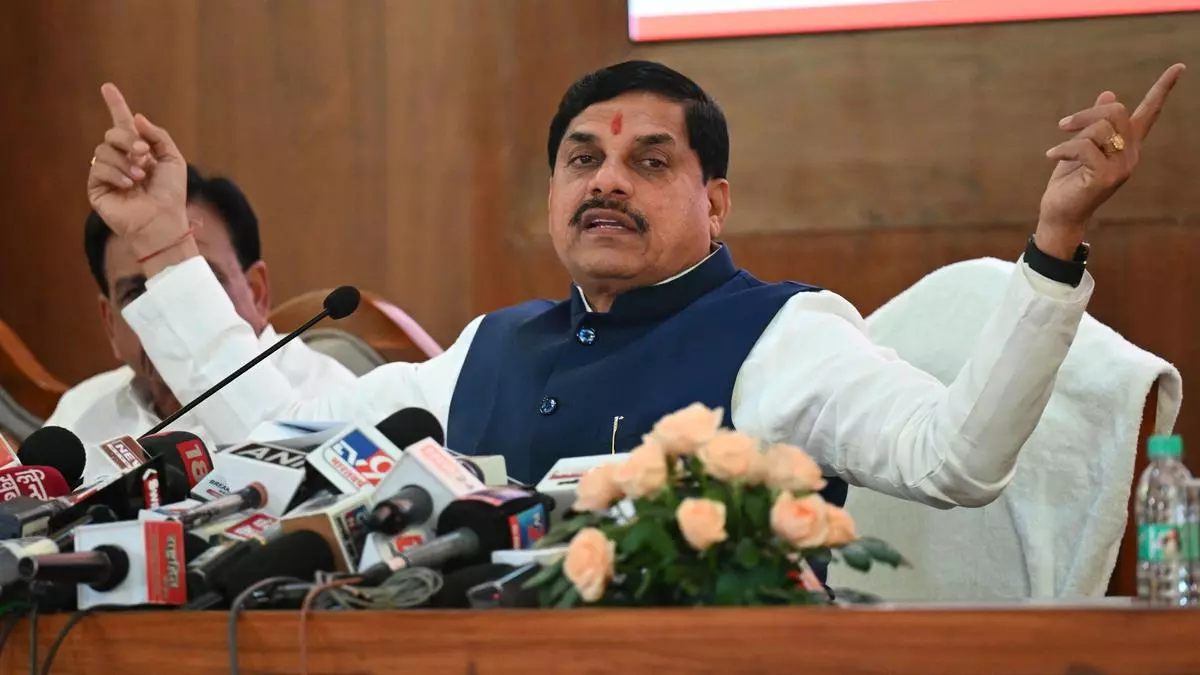India has expressed concerns regarding the pricing control of pharmaceuticals in Australia, specifically focusing on generic medicines. This concern was raised during a bilateral meeting between Indian and Australian officials. Both countries have agreed to address market access issues, with the intention of facilitating timely resolutions. Additionally, there are plans to deepen people-to-people interactions and create an institutional mechanism for sharing preferential import data. By working closely together, India and Australia aim to foster stronger trade relations and overcome challenges in the pharmaceutical sector.
The issue of pharmaceutical pricing control is of utmost importance as it directly affects the accessibility and affordability of essential medicines. Generic medicines, in particular, play a crucial role in providing cost-effective alternatives to brand-name drugs. India, being a major global supplier of generic medicines, has a strong interest in ensuring fair pricing policies are in place to support affordability.
During the bilateral meeting, discussions centered around the need for Australia to review its pricing control measures on generic medicines. India emphasized the importance of establishing an equitable and sustainable pricing framework that promotes accessibility for all. This includes considering factors such as manufacturing costs, research and development expenses, and the pricing policies of other comparable markets.
Both countries acknowledged the significance of resolving market access issues promptly. Improving market access for pharmaceuticals would facilitate the timely availability of innovative and generic medicines to the general public. It would also encourage competition, thereby resulting in lower prices and increased affordability for consumers.
In addition to focusing on market access, India and Australia recognized the need to deepen people-to-people contacts and collaborations in the healthcare and pharmaceutical sectors. Enhanced exchanges of knowledge, expertise, and best practices would contribute to the growth and development of both countries’ pharmaceutical industries. This, in turn, would support improved healthcare outcomes for their populations.
To expedite the resolution of market access issues and enhance collaboration in the pharmaceutical sector, the two countries have agreed to create an institutional mechanism for the sharing of preferential import data. This mechanism would enable them to exchange critical information regarding imports, regulations, and market dynamics. By doing so, they can establish a foundation for effective trade relations and mitigate potential trade barriers.
India and Australia’s commitment to addressing pharmaceutical pricing control and market access issues demonstrates their mutual dedication to ensuring affordable and accessible healthcare for all. Through ongoing dialogue and cooperation, they aim to strengthen their trade relationship, promote innovation, and improve access to essential medicines. By leveraging each other’s strengths and expertise, India and Australia can create a healthcare ecosystem that benefits both nations and positively impacts global health.










